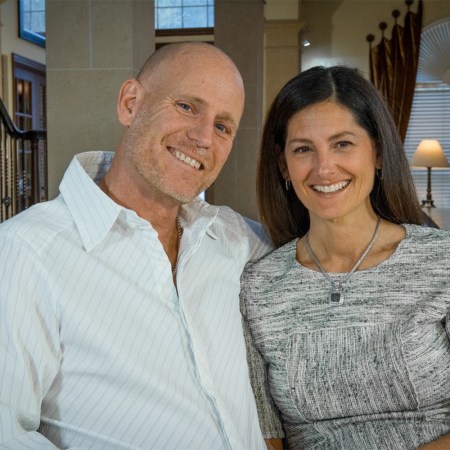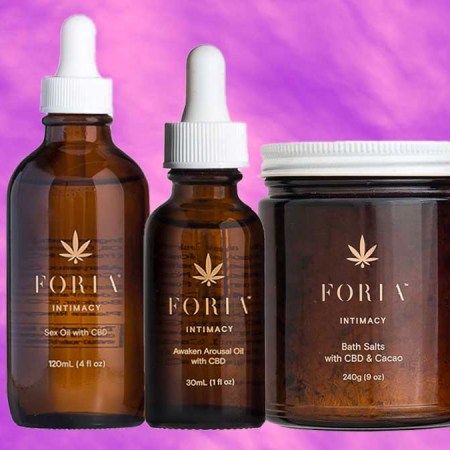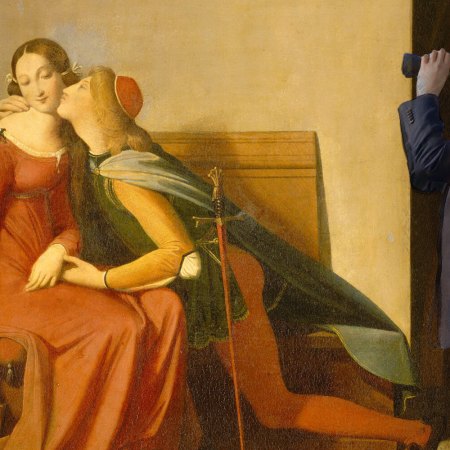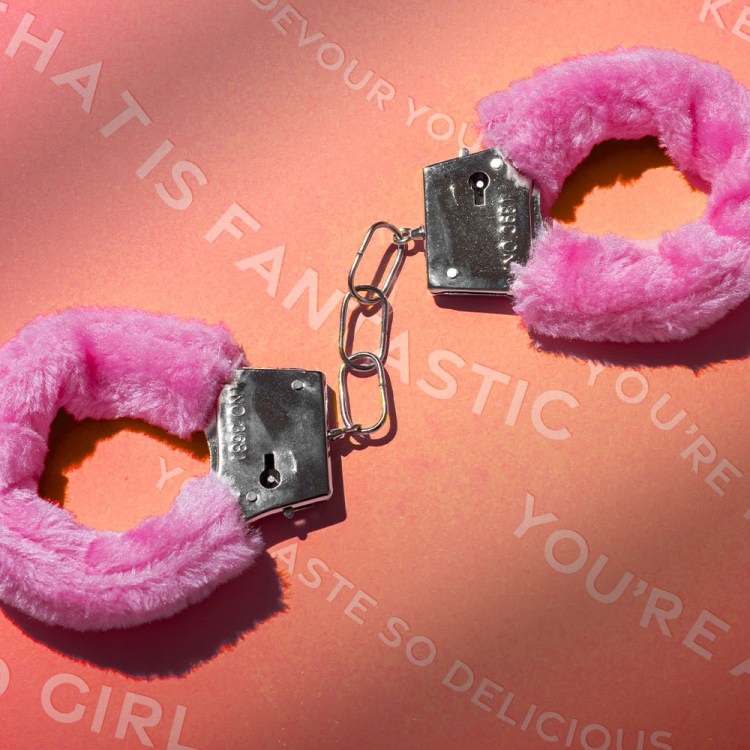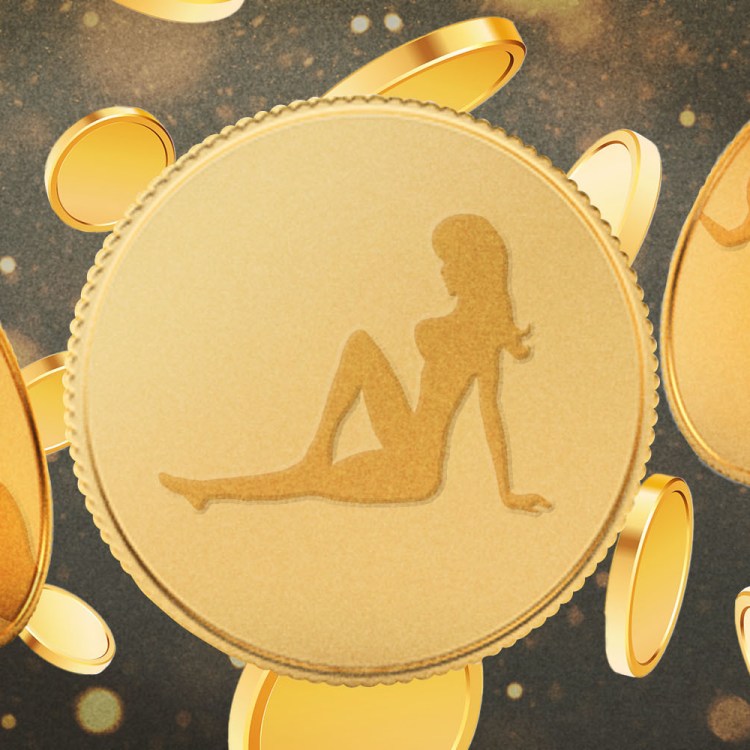Many artists are drawn to darkness. For the imagination is the only place where it’s acceptable for violent thoughts and impulses to veer into the pleasurable.
Consider Charles Bukowski’s approach to literature. The eerie spoken-word ballads of Tom Waits. Pretty much any David Lynch film.
Another name deserving of their ranks: artist and model Amy Hood and the crew at Viscous, the publishing house where Emily Ratajkowski got a start. Hood’s new book, Visceral, is a noir collection of essays and short stories that explore the attraction some of us have to darkness, and it lives up to its name. We hit her up to discuss the process of making the book, and what literature stacks her tables and shelves.
InsideHook: How did the book come about?
Amy Hood: The book was the subconscious fruition of personal experiences within intimate relationships I’ve had. From that seed grew the concept. The choice of design aesthetic was a genre I wanted to explore and thought befitted the theme well. My past books were output books shot by a single photographer, and for this I wanted different stories by different people (and photographers), and I wanted it in black and white as a medium.
IH: You worked with a lot of photographers on this book. Were they commissioned to do this particular project, or did you curate the images from their catalogues?
AH: Most of the stories were commissioned specifically for the project, created to portray a different perspective within the realm, and the few others were curated out of entirely unseen or very rarely seen work.
IH: Tell us a little more about the stories that accompany the photos …
AM: The writing is likewise pieces that explore the psychological attraction we have to a certain amount of dysfunction; there’s a certain quality within us that thirsts for darkness. I certainly do, and theorize that this has something to do with a need for depth and complexity, even to a point that it often has a rather unhealthy manifestation on ourselves and our lives.
IH: We noticed on your website that you also make prints. How long have you been doing that? Can you talk about your process and materials?
AM: I’ve been doing prints for a few years now. I studied printmaking at the Woodstock School of Art, and I had my first solo exhibition last December — I’d love to do more. They’re relief prints. I’ll make a little sketch of what I want to print, then scale it up to a template and cut or carve it on unmounted linoleum. I’ll get in the studio, mix up the inks and apply them to the pieces, assemble them utilizing a rather unique “jigsaw puzzle” method using the template as a map, then run it through the press and voila! [Laughs.] It can be a rather tedious process: everything is specifically measured, the carving takes awhile, mixing the inks and ensuring the press is at the right height so as to give the correct amount of pressure, etc., etc.
IH: Where do your books go: coffee table, bookshelf or bedroom?
AH: I’d like for my books to have as much longevity as possible, so I’d say bookshelf primarily, but they also make a lovely coffee table book. I can’t say i’m entirely opposed to their presence in the bedroom either.
IH: What books are on YOUR coffee table right now? How about your bedside table?
AH: Coffee table: Dorfsman & CBS, Killer Instinct by Jane Hamsher, several Bukowskis, a Kierkegaard anthology, You Are a Message by my friend Guillame Wolf, a book on Japanese Border Design, Motivation Manifesto by Brendon Burchard, The Fall by Camus and The Castle by Kafka. Bedside Table: a selection of vintage nudie and pin-up mags, a book on vintage lingerie, and Eileen Ford’s Book of Model Beauty.
This article was featured in the InsideHook newsletter. Sign up now.

